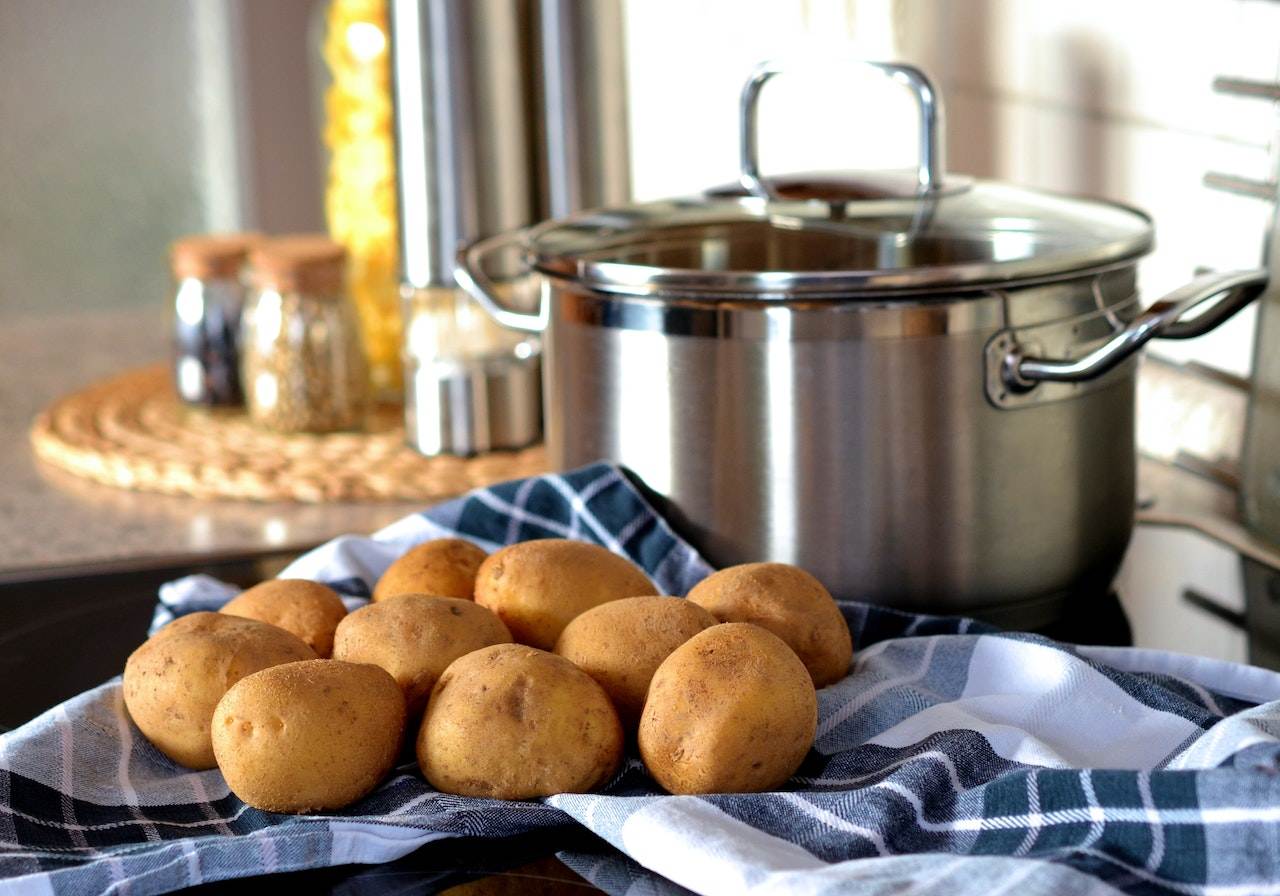From sourdough bread to pasta making, the pandemic lockdown saw a considerable rise in home cooking as we filled our days with kitchen projects. But, not everyone had the time or money to develop their cooking skills during this time. Since the end of lockdown, searches online for home cooking have declined to pre-pandemic levels, but we know it’s a very beneficial skill for all types of people, from pensioners to kids. If you’ve never been a dab hand in the kitchen, this autumn is the perfect season to learn to cook with its delicious warming dishes. But, it can be a bit overwhelming if you don’t know where to start, so here are some tips on how to get started.
Benefits of Home cooking
Home cooking has many benefits for your finances, diet and social life. Home-cooked meals are cheaper than convenience foods and takeaway options. This is especially true if you use simple ingredients such as vegetables, fruits, grains, cupboard essentials and cheaper cuts of meat. Using these food options will make your meals healthier as well. They are unlikely to contain added fat, salt and sugar, all significant contributors to obesity and diet-related illness.
Cheaper and healthier has always been the main focus of home cooking campaigns, but there are many social and personal benefits too. Cooking from scratch is a craft; like all other skills, you can gain immense pride and personal development in achieving mastery in it. But, it’s not just the practical skill that is great for your mind; cooking is an enjoyable hobby that many find relaxing. There is also the added bonus of sharing this skill with loved ones, cooking delicious meals, treats and surprises for people in your life. Nothing more comforting than a quality homecooked meal, especially if someone else does the pots!
Learning How to Cook
If you’ve never cooked before, it can be daunting, but by slowly building your skill set, you won’t become overwhelmed and will gain the knack quickly.
Help with the basics
If you have no idea where to start, a simple cookbook can help you cover some simple recipes with easy wins. Don’t think you have to start with some fancy meals with lots of ingredients to be a cook. A simple meal with a small list of ingredients done right will be far tastier at the beginning of your learning journey than risking doing a meal with an expensive cut of meat and complicated equipment. One-pot meals are a favourite way to cook a hearty, easy dish that everyone will love. You can buy essential cookbooks cheaply from charity shops or online or borrow from friends. There are over 30 libraries in Sheffield, run by Sheffield City Council and Community and volunteer groups, where you can also borrow cookbooks for free.
If you prefer to watch rather than read, there are plenty of cooking videos online. YouTube is an excellent place to watch professional and amateur chefs put together basic meals and show you how to prep and cook ingredients. Asking more experienced friends and family members is another way to learn cooking skills. Spending an evening learning and connecting with others over food is fun. There are also some terrific, reliable websites out there, including BBC Food and Good Food.
Practice at home
Of course, we all know that practice makes perfect, so to really learn how to cook takes time to train. However, planning your meals for the week will give you a clear idea of the time you need to dedicate to cooking and ensure your grocery budget doesn’t get blown in one meal. For example, if there is one particular dish you’d like to cook, you can buy all the ingredients for it and either repeat the meal several times a week or create meals with a similar ingredient list. This reduces food waste and your food bill and means you can practice a dish more effectively.
Another great way to develop your cooking at home is to choose dishes you already know and love. Maybe it’s your favourite childhood dish or the one you always order whenever you’re eating out. You will not waste food and enjoy the outcome by choosing recipes you love. As you grow in your kitchen, you can add more complex flavours and try new techniques, but start small when you are a beginner.
Volunteering
Another fantastic way to learn how to cook is to volunteer for non-profits and charities where cooking and food are a core part of their work. So not only do you get to grow your cooking talents, but you can also help feed your local community too. Some incredible Sheffield organisations, from food banks to social enterprises, offer free or low-cost food options to the people of Sheffield, many of which are looking for volunteers. A few outstanding Sheffield groups include The Food Works kitchens and cafes in Upperthorpe and Sharrow, FoodHall Project in the city centre and Cathedral Archer Project.
Whatever you end up eating, share it with the people around you: food is always better shared!

